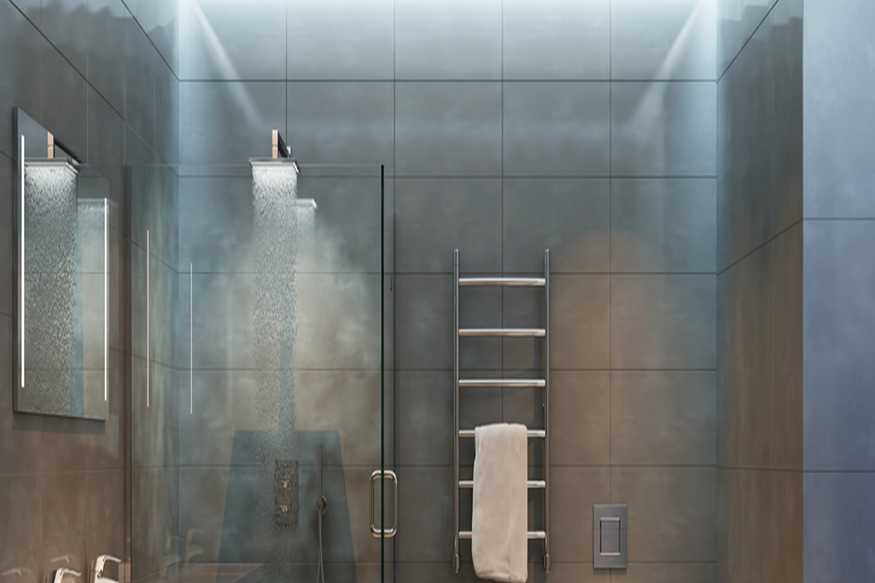A water heater is an essential appliance in any home, providing hot water for bathing, cooking, and cleaning. However, like any household system, it can develop problems over time. Identifying and fixing issues early can prevent major breakdowns and costly repairs. This guide will walk you through the most common water heater problems and their troubleshooting solutions.
1. No Hot Water
If your water heater isn’t producing hot water, several factors could be causing the issue:
- Power Supply Issues: Check if the power supply is functioning. For electric heaters, inspect the circuit breaker and reset it if necessary.
- Faulty Thermostat: The thermostat controls the water temperature. If it’s set too low or malfunctioning, it may need to be adjusted or replaced.
- Heating Element Failure: In electric water heaters, a failed heating element may be preventing water from heating properly. Testing and replacing the element may be necessary.
2. Inadequate Hot Water Supply
If your water heater produces some hot water but not enough, consider these possibilities:
- Tank Size: The heater may be too small for your household’s needs. Upgrading to a larger capacity unit or switching to a tankless model may be the solution.
- Sediment Buildup: Over time, minerals from hard water settle at the bottom of the tank, reducing its heating efficiency. Flushing the tank can resolve this issue.
- Dip Tube Damage: The dip tube directs cold water to the bottom of the tank for heating. A broken dip tube may cause cold and hot water to mix improperly, reducing overall water temperature.
3. Water Heater Leaks
Leaks can be a serious problem, potentially causing water damage to your home. Common sources of leaks include:
- Loose Connections: Inspect the inlet and outlet pipes for loose fittings and tighten them if necessary.
- Faulty Pressure Relief Valve: If the temperature and pressure relief (TPR) valve is leaking, it may need to be replaced.
- Tank Corrosion: If the tank itself is leaking, it has likely developed internal corrosion and may need to be replaced.
4. Discolored or Rusty Water
If your hot water appears rusty or discolored, the cause could be:
- Corroded Anode Rod: The anode rod prevents rust from forming inside the tank. A deteriorated rod should be replaced to prevent further damage.
- Rust in Pipes: If only hot water is rusty, the issue may be within the heater itself. If both hot and cold water are affected, the problem may be in your home’s plumbing.
5. Strange Noises from the Water Heater
If your water heater makes popping, rumbling, or banging sounds, it could be due to:
- Sediment Buildup: As sediment accumulates and hardens, it can cause the heater to overheat and create noises. Flushing the tank annually helps prevent this.
- Expanding Metal Components: Normal expansion and contraction of metal parts may create clicking sounds.
- Faulty Heating Element: A failing heating element in an electric heater may create unusual sounds before it stops working entirely.
6. Water Temperature Too Hot or Too Cold
Incorrect water temperature may be due to:
- Thermostat Setting: Adjust the thermostat to the recommended temperature (usually 120°F) for optimal performance.
- Malfunctioning Thermostat: If adjusting the setting doesn’t resolve the issue, the thermostat may need to be replaced.
- Faulty Heating Element: A damaged heating element can cause water to be too cold or too hot. Testing and replacing the element may be necessary.
7. Pilot Light Won’t Stay Lit (Gas Heaters)
For gas water heaters, a persistent pilot light issue may stem from:
- Thermocouple Malfunction: The thermocouple detects whether the pilot light is on and shuts off the gas supply if it’s out. A faulty thermocouple may need replacement.
- Clogged Pilot Tube: Dirt or debris in the pilot tube can prevent proper gas flow. Cleaning the tube may fix the issue.
- Gas Supply Issues: Ensure the gas valve is fully open and there are no supply problems from the utility company.
8. Water Takes Too Long to Reheat
If your water heater takes an unusually long time to heat water, possible causes include:
- Sediment Buildup: As discussed earlier, sediment accumulation reduces efficiency, making the heater work harder and longer to heat water.
- Inadequate Gas Burner or Electric Element: A failing burner or heating element may struggle to heat water efficiently.
- High Demand: If hot water demand is higher than the unit’s capacity, consider upgrading to a larger tank or a tankless water heater.
9. Foul-Smelling Hot Water
If your hot water smells like rotten eggs, bacteria in the tank may be the culprit. Solutions include:
- Flushing the Tank: Drain and flush the tank to remove bacteria.
- Replacing the Anode Rod: If the smell persists, installing an aluminum or zinc anode rod instead of a magnesium one may help.
- Shock Treatment: Running a hydrogen peroxide solution through the system can kill bacteria causing the odor.
10. High Water Heater Energy Bills
If your energy bills have increased unexpectedly, your water heater could be working inefficiently due to:
- Sediment Buildup: Reduces heating efficiency, causing the unit to use more energy.
- Faulty Thermostat: A malfunctioning thermostat may cause the heater to run longer than necessary.
- Old Age: Older water heaters become less efficient over time. Replacing an outdated unit with a modern, energy-efficient model can save money.
Conclusion
Troubleshooting a water heater involves identifying common problems and applying the appropriate solutions. Regular maintenance, including flushing the tank, checking the anode rod, and inspecting heating elements, can extend the life of your unit and improve efficiency. If your hot water heater in Fishers continues to experience issues after troubleshooting, it may be time to call a professional or consider replacing it with a more efficient model. Investing in a reliable water heater ensures consistent hot water and reduces energy costs, providing comfort and convenience for your home.



